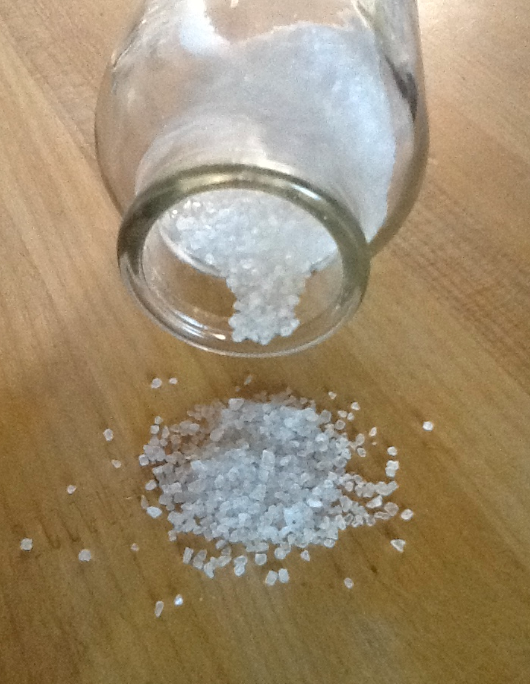As a Personal Trainer Woodland Hills, my clients ask me about nutrition. Recently one of my clients asked me about salt and why its bad for you. Salt can actually be good and bad for you depending on the source and quantity.
- Salt has been found to be directly related to hypertension and high blood pressure. Your blood pressure rises until kidneys are able to eliminate the salt and water. This will become a major health concern if you are regularly eating more than the recommended daily intake for sodium.
- You should be getting about 24oo milligrams or 1 teaspoon of sodium per day.
- Salt is good for you because it helps balance the water and fluids throughout the body, helps maintain electrolyte balance, helps the intestines absorb food, assists in muscle contractions and in sending nerve impulses and there are many more benefits.
- The type of salt you consume can range from healthy to unhealthy. As I mention throughout my website, it is extremely important in regards to your health to eat whole, unprocessed foods and stay away from processed and refined foods. I suggest using the same guidelines with salt. Table salt should be avoided as much as possible. Table salt is highly processed using chemicals such as aluminum based anti caking agents.
- Sodium is used as a preservative in fast food, packaged food, and junk foods. These foods should be avoided as much as possible because they are not only processed, but they are high in sodium.
- Unrefined/ unprocessed sea salt is actually healthy for you. Celtic unprocessed sea salt is one of the healthiest salts to use. There are minerals such as calcium and magnesium in unprocessed sea salt that you do not get from sodium used as preservatives or table salt because the chemicals and heat during the processing takes away their nutritional value.
- You can get sodium naturally from whole foods.
- Another healthy alternative for cooking is to use Bragg’s amino acids instead of table salt. Remember, quantity is just as important, so make sure not to consume more than the daily recommendation.
- It is important to have sodium, but from the right source and quantity.
- The more salt you eat, the more water you will retain because your body wants to maintain the same concentration of sodium in your body. Have you ever noticed how you get thirsty after eating a salty meal?
Disclaimer: Please check with your doctor and have it cleared before beginning any new exercise or diet program. I am in no way a doctor, nutritionist, or registered dietician, my blog is opinion based and I do not claim to diagnose, treat, or cure any cause, condition or disease. All information provided is for informational purposes only; it is not medical advice and has not been approved by the FTC or FDA. Please always communicate with your doctor to make any decisions or changes regarding your health, as your doctor is the only one who knows what is right for you.
Resources:
Science.howstuffworks.com
Mayoclinic.com
Wiki.answers.com
Nytimes.com

